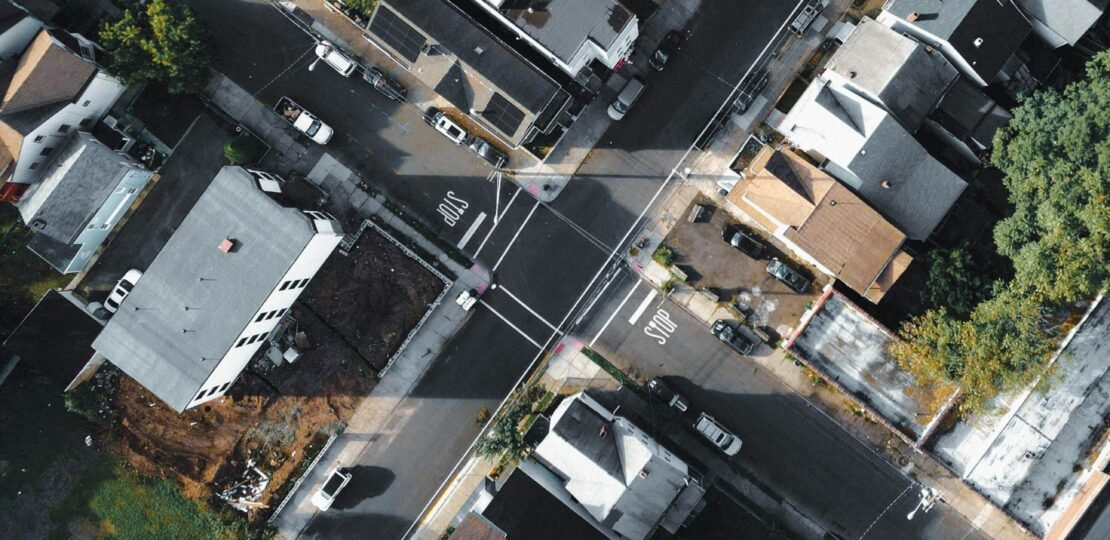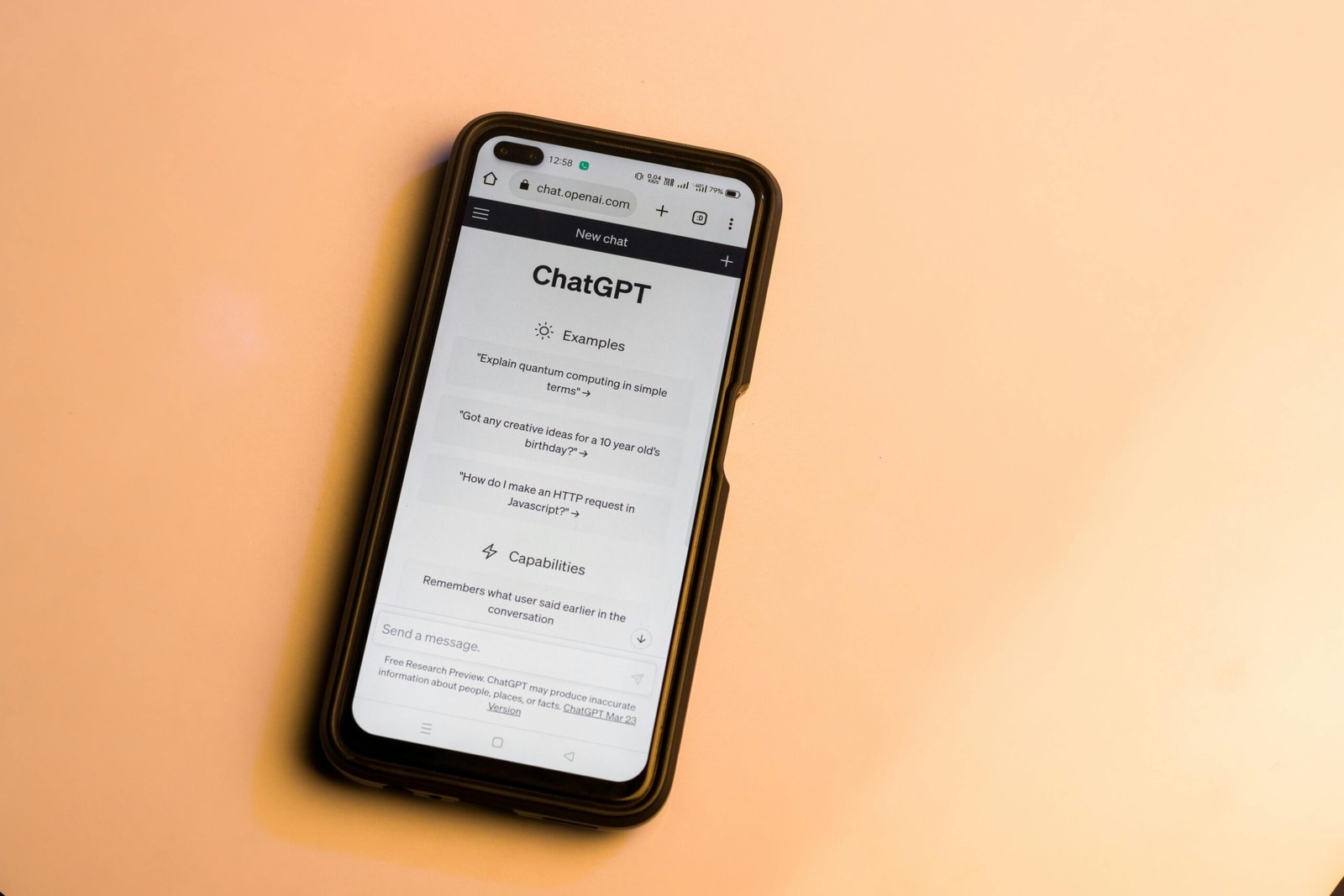A Bold Move: U.S. Department of Commerce Bans Chinese and Russian Connected Vehicles
In a decisive move aimed at safeguarding national security, the U.S. Department of Commerce has announced a new rule that will ban the sale or import of connected vehicles from China and Russia. This groundbreaking decision is driven by growing concerns over the potential threats posed by vehicles equipped with foreign software and hardware systems.
Understanding the Implications
This new rule not only targets the sale and import of these vehicles but also restricts Chinese car companies such as WeRide and Pony AI from testing their self-driving cars on U.S. roads. Such measures are seen as essential in preventing any misuse of sensitive data or interference by malicious actors.
“China is trying to dominate the future of the auto industry, but connected vehicles with software and hardware systems linked to foreign adversaries could expose the American people to risks of misuse of their sensitive data or interference by malicious actors,” stated National Economic Advisor Lael Brainard.
{Lael Brainard}
Timeline for Implementation
The transition to this new regulatory framework will commence with software bans taking effect in the 2027 model year, followed by hardware prohibitions in 2029. It’s worth noting that these restrictions will not apply to Chinese software developed prior to the enactment of these rules, provided a Chinese firm does not have access to it.
Exemptions and Specifics
Interestingly, the final rule does include certain exemptions. For instance, vehicles weighing over 10,000 pounds will not be affected, allowing companies like China’s BYD to continue assembling electric buses in California.
- Baidu-owned Apollo Autonomous Driving and WeRide have permits to test autonomous vehicles without safety drivers.
- Pony AI, which recently entered the public markets, has a permit to test with a safety driver.
While these companies hold active permits for testing autonomous vehicles in California, the new ruling raises questions about their future operations. Pony AI’s IPO materials highlighted a slight risk concerning their limited robotaxi testing in the U.S., which contributes minimally to their revenue.
What Lies Ahead?
The California Department of Motor Vehicles has indicated that it will adhere to guidelines set by the Commerce Department in enforcing these prohibitions on Chinese connected vehicle technology. As TechCrunch seeks further clarification from the DMV regarding permit revocations in light of this final ruling, it remains clear that this decision marks a significant shift in U.S. policy toward foreign tech influence in the automotive sector.
Conclusion
This bold stance by the U.S. Department of Commerce underscores an unwavering commitment to securing the American auto industry’s future while mitigating potential risks associated with foreign adversaries. As this new chapter unfolds, stakeholders in the automotive world must adapt and innovate within this evolving landscape.



